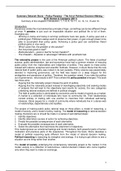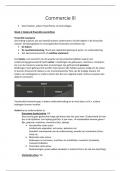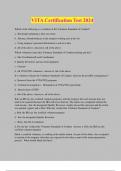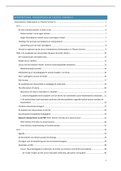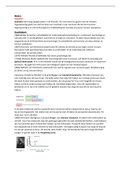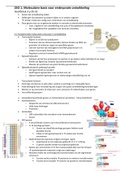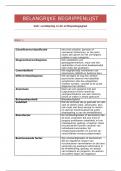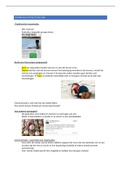Summary
Public Governance: Summary Deborah Stone Policy Paradox
- Course
- Institution
- Book
For the course 'public governance' for the minor public administration and organisation, I have made a summary for the second exam. For this we had to learn the following chapters: introduction, 1 and 7 to 16. So these are also the chapters that I have summarised. The summary is in English, but ve...
[Show more]
